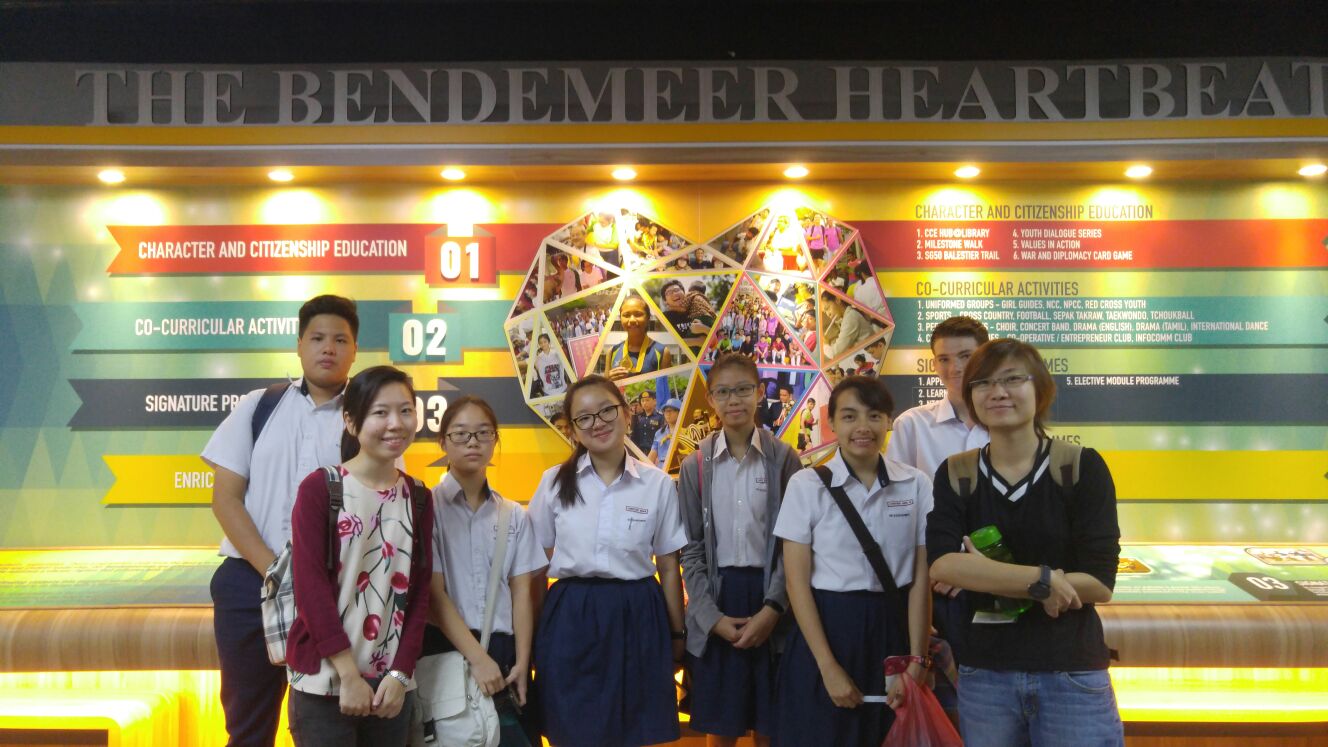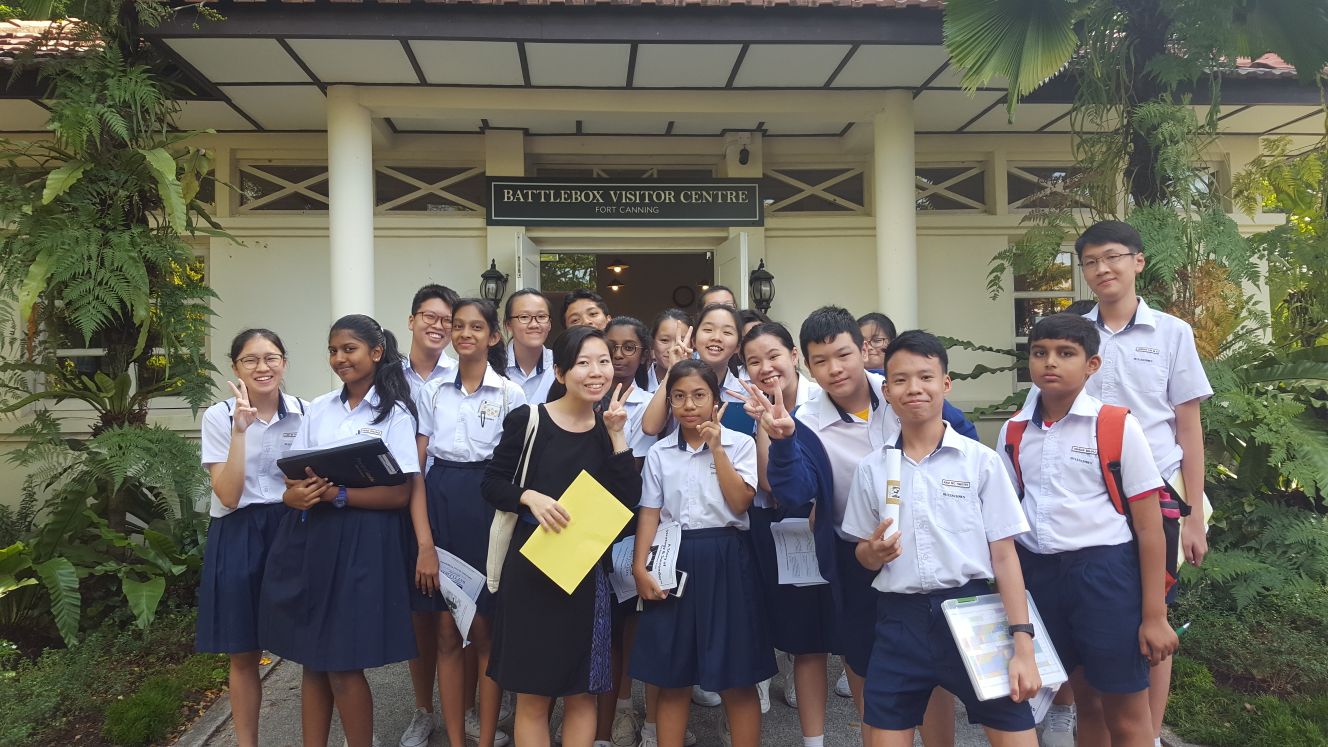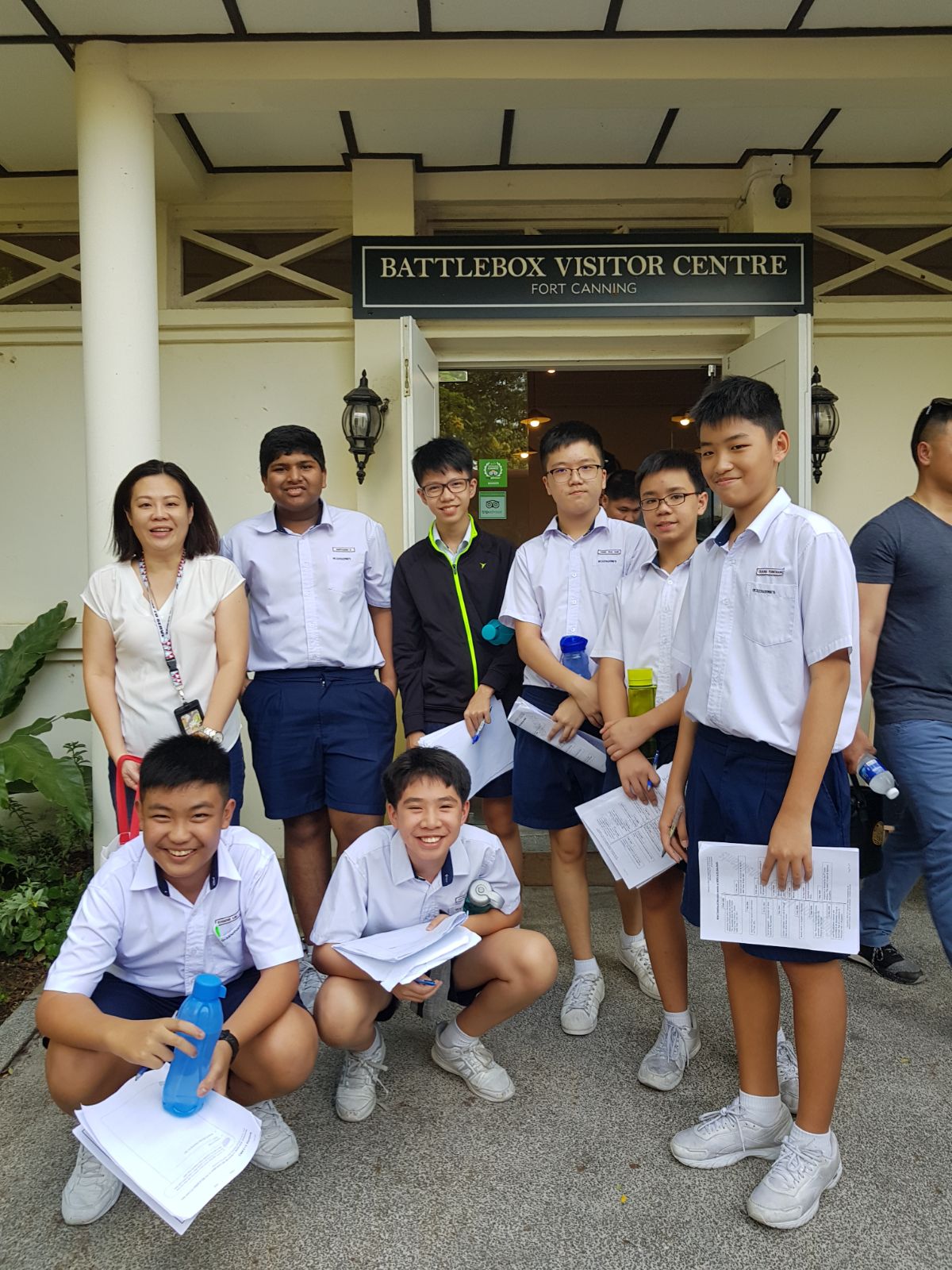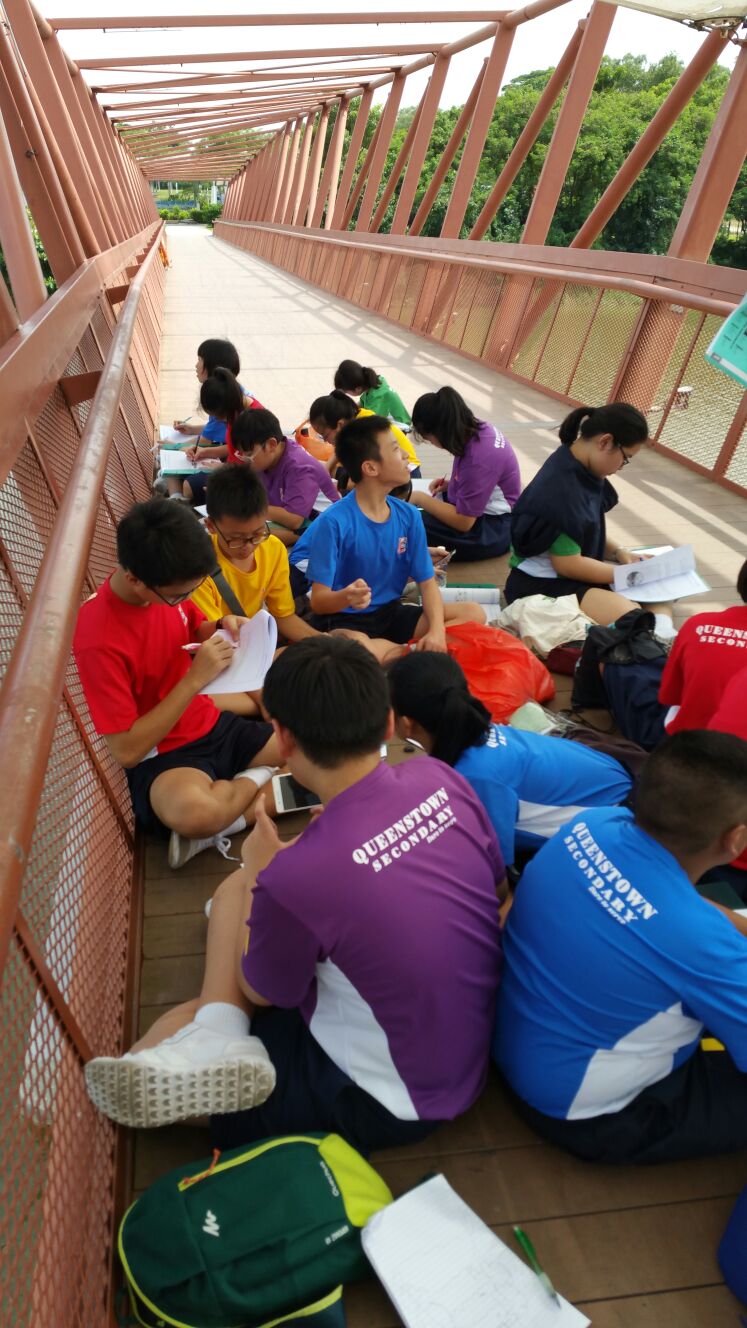Humanities
Humanities
The Quest to...
Develop every Queenstownian into a critical thinker, deeply rooted in our country and heritage.
Key Approaches
LOWER SECONDARY
Inculcating the joy of learning Humanities through
-
Exploring the world and relevance of learning Humanities
-
Inquiry-based Approach
-
Experiential Learning
-
Building 21st Century Competencies
UPPER SECONDARY
Appreciating the importance of learning Humanities through
-
Building on the lower secondary skills
-
Inquiry-based Approach
-
Experiential Learning
-
Diving deep in the thinking and approach and exam skills in Ace-ing for Humanities
Teaching and Learning Practices
Inquiry-based learning is the main pedagogical practice used by all units in the Humanities Department. In Social Studies, students are exposed to varied global and societal issues. Through classroom discussions, and leveraging on the affordances of ICT tools such as Classpoint and Padlet, students learn and appreciate the multiple perspectives on a particular societal issue. This has enabled them to make their thinking and learning more visible. Other than inquiry-based learning, another teaching practice is field-based learning. Geography field studies and History learning journeys provided opportunities for our students to relate what they have learnt in the textbook to the world around them. One example is the Sec 1 Geographical investigation to Pierce reservoir to study about the water quality as well as the natural environment in the reservoir.
Key Learning Experiences
WHOLE SCHOOL
-
Local Field Studies and Learning Journeys
-
NLB Prove it! Competition
-
NLB Historical Scene Investigation Competition
-
Geography Challenge

Sec 3 express students taking part in the ASEAN Quiz

Sec 2 students with their history teacher on their learning journey

Sec 2 students with Mdm Wong outside the Battlebox Visitor Centre

Sec 1 geography students honing their sketching skills at the field site in Lorong Halus

